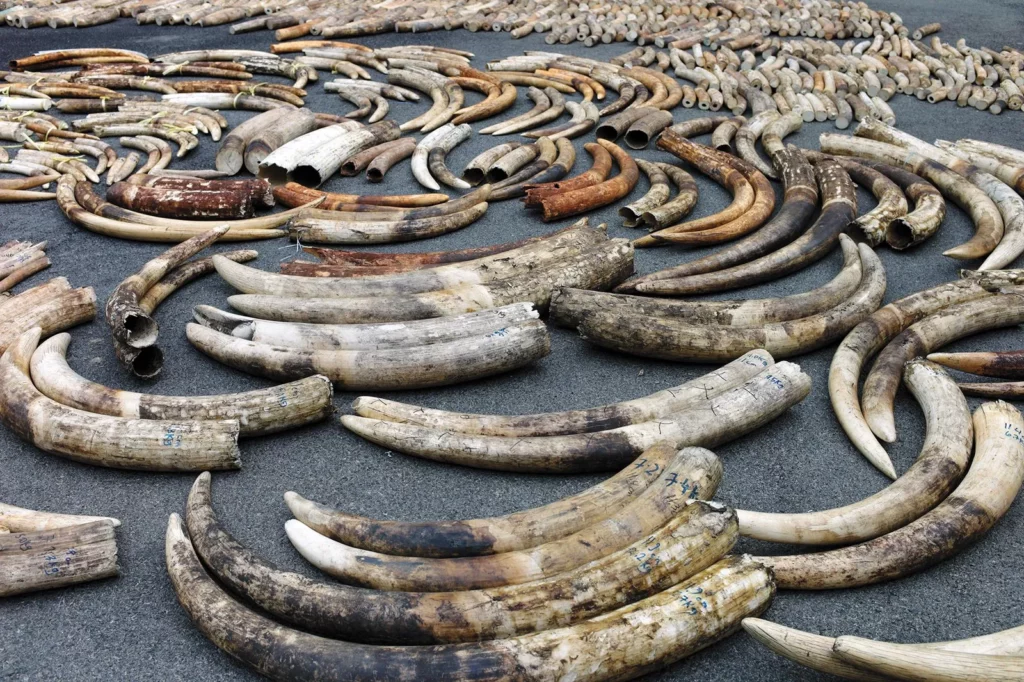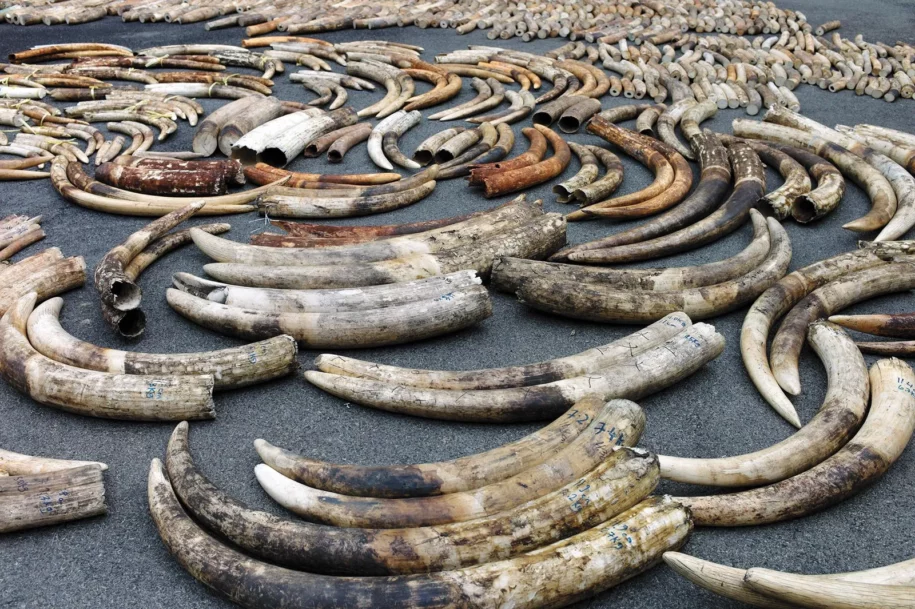Is Elephant Poaching Still a Problem?

1. Overall Trends: Decline, But Not Defeat
Good news: After peaking in the early 2010s, elephant poaching in Africa dropped significantly. Ivory prices collapsed, and seizures are down—2021 saw the lowest poaching levels since 2003 lemonde.fr+10africanelephantjournal.com+10awf.org+10.
But threats remain: Poaching isn’t eradicated. Persistent illegal ivory markets and sophisticated criminal syndicates continue targeting elephants in vulnerable regions .
2. Regional Hotspots
Southern Africa (Botswana, Namibia, South Africa)
Northern Botswana reported at least 105 elephants poached since October 2023, with approximately 60 killed in Chobe over a few months elephanatics.org+2africanelephantjournal.com+2telegraph.co.uk+2. Kruger Park in South Africa faces rising threats, despite anti-poaching efforts .West & Central Africa
Forest elephants, already Critically Endangered, continue to decline sharply due to poaching and deforestation news24.com+15africanelephantjournal.com+15en.wikipedia.org+15. In Côte d’Ivoire, for instance, recent ivory seizures highlight that trafficking still occurs .East Africa (Kenya, Tanzania)
Improvements have occurred, but risks persist. December 2024 saw four elephant carcasses and over 100 kg of ivory seized by Kenya’s anti-poaching teams news24.com+8sheldrickwildlifetrust.org+8sheldrickwildlifetrust.org+8. In Tanzania’s Tsavo ecosystem, ranger deaths and arrests show the constant danger of poaching confrontations science.uct.ac.za+4awf.org+4reddit.com+4.
3. Drivers Behind Poaching
Ivory demand from key markets like China dropped after domestic bans (China in 2017, USA/Europe earlier), significantly weakening the illegal trade conservationaction.co.za+5africanelephantjournal.com+5reddit.com+5.
Yet, organized crime networks remain active. Large-scale syndicates operate across borders—poachers are coordinated, armed, and sometimes violent .
Underlying issues like poverty, corruption, and weak governance strongly influence poaching intensity. These factors help explain why some regions fare better than others .
4. Conservation & Enforcement Strategies
Governments and NGOs are deploying multifaceted approaches:
Stronger law enforcement: Kenya rangers confiscate snares, make arrests, and destroy camps—1,262 snares removed and 41 arrests in Dec 2024 sheldrickwildlifetrust.org.
International collaborations: Initiatives like the EU raw-ivory export ban, UK’s Operation Corded in Zambia/Malawi, and Nigeria’s 10-year Elephant Action Plan are aiming to dismantle trade networks conservationaction.co.za+4awf.org+4punchng.com+4.
Technology & community-based conservation: GPS collars, forensic ivory tracing, beehive fencing, and wildlife corridors help protect elephants from poachers and human conflict .
5. The Road Ahead
Poaching has dropped from the crisis levels of the 2000s, but:
Elephant populations still die for ivory across Africa.
Forest elephants remain in critical danger.
Hard-hit regions like Botswana, Côte d’Ivoire, and parts of East Africa need sustained attention.
Persistent vigilance is vital: Conservationists emphasize that stopping demand, disrupting criminal networks, strengthening governance, and supporting communities must work in tandem with enforcement reddit.com+3reddit.com+3punchng.com+3lemonde.fren.wikipedia.org+5africanelephantjournal.com+5punchng.com+5.
✅ Conclusion
Elephant poaching is no longer the epidemic it once was, thanks to global ivory bans and improved enforcement. Yet several African regions remain highly vulnerable, with organised crime, weak law enforcement, and persistent demand keeping the threat alive. It’s a battle far from won—renewed global cooperation, funding, and cutting-edge tools are essential to ensure elephants survive for generations ahead.
Ready to embark on your own unforgettable African adventure?
Start planning your luxury safari with Intrepid Odyssey today!
- Follow us for daily inspiration and incredible wildlife moments:
- Book your bespoke safari experience:Email us directly at bookings@intrepidodyssey.com to craft your dream itinerary.

